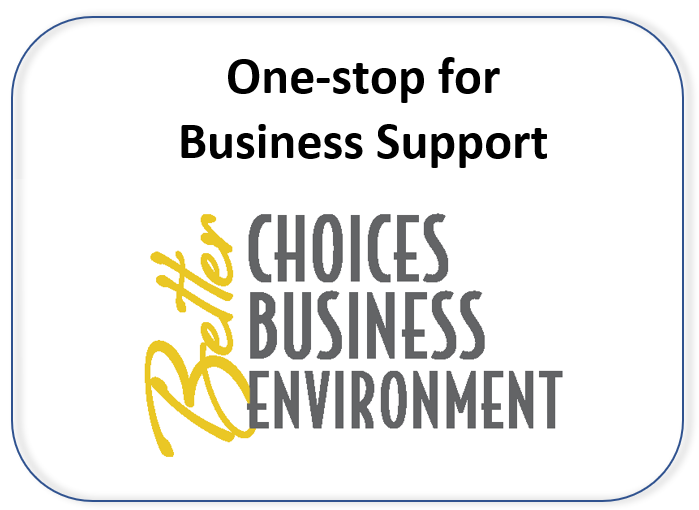Air management
Permit Primer
Introduction
As a Wisconsin business, it is important to understand the permitting requirements if your business emits air pollution. Existing and new businesses and businesses that are making changes to their operations potentially require air pollution control permits. If you are a new or changing business it is very important to understand the terms "commence construction" and "commence modification" (see definitions below) because, if an air pollution permit is required, it must be obtained prior to starting any construction or making any changes at your facility (unless a commence construction waiver under s. NR 406.03(2), Wis. Adm. Code is granted).
- Commence construction
-
Commence construction means to engage in a program of on–site construction, including a site clearance, grading, dredging or landfilling specifically designed for a stationary source in preparation for the fabrication, erection or installation of the building components of the stationary source.
- Commence modification
-
Commence modification means to engage in a program of on-site modification, which may include site clearance, grading, dredging or landfilling in preparation for a specific modification of a stationary source.
This section of the Permit Primer will assist you in determining whether your existing, new or changing business needs an air pollution permit. This website is intended to help small businesses navigate the DNR's permitting requirements. Businesses with complex operations and businesses located in the "nonattainment areas" in the state should contact the DNR air staff listed on the following website for assistance with the permit process: Air permit options.
- Nonattainment areas
-
Facilities that should be concerned about the nonattainment areas are ones with emissions of volatile organic compounds in the ozone nonattainment area and particulate matter emissions in three areas within certain counties. Go to Ozone Nonattainment Areas.
Regardless of the size of your business, establishing a working relationship with local DNR air staff is helpful in understanding and complying with air pollution regulations and permitting requirements. If you need to contact the DNR for assistance at any time, please search for your facility and look for the contacts listed under DNR Air Contacts. You can also contact the Wisconsin Small Business Environmental Assistance Program (SBEAP). SBEAP is a free, confidential, and non-regulatory resource available to small business owners around the state. (While working through the Air section of the Permit Primer, both of these staff links are always available in the "Contact Information" section of the left sidebar also.)
Does your small business have any of the following activities?
If your business is involved with any of the activities listed here, you may need an air pollution permit. Click one of the two options below to proceed through the Air section of the Permit Primer.
- Do you use adhesives, paints, inks, other solvents or solvent containing materials that emit volatile organic compounds (VOCs) and/or hazardous air pollutants (HAPs)?
- Do you heat with any fuels (not including electricity) that have emissions of primarily carbon monoxide, sulfur dioxide, nitrogen oxides and some hazardous air pollutants?
- Do you do any grinding, sanding, welding, material handling or any other activity that creates dust (particulate matter) or fumes?
- Do you have other operations or activities that could result in emissions to the air of particulate matter, carbon monoxide, sulfur dioxide, nitrogen oxides, lead, VOCs or HAPs?
If your business does not have any activities that emit contaminants to the air, then your business is not considered a source of air pollution and you have completed the permit primer. Thank you for using the permit primer, and we hope the information has been useful to you. Otherwise continue with the interactive section below.
Is your small business new or expanding business (see definition below) or is it an existing business (with all operations covered by a permit or exemption and not changes planned)?
- Expanding business
-
An expanding business can be one of four types - modification, reconstruction, replacement, relocation. A modification is a physical change to, or change in the method of operation that produces either more air emissions of the same type or different or new air emissions. A reconstruction consists of removing old and substituting new components that exceed 50% of the capital cost of building a new source. A replacement involves dismantling and substituting a process or facility with similar one, and a relocation is removing a process or facility from one location and placing it at a different site or within the same property boundaries.

